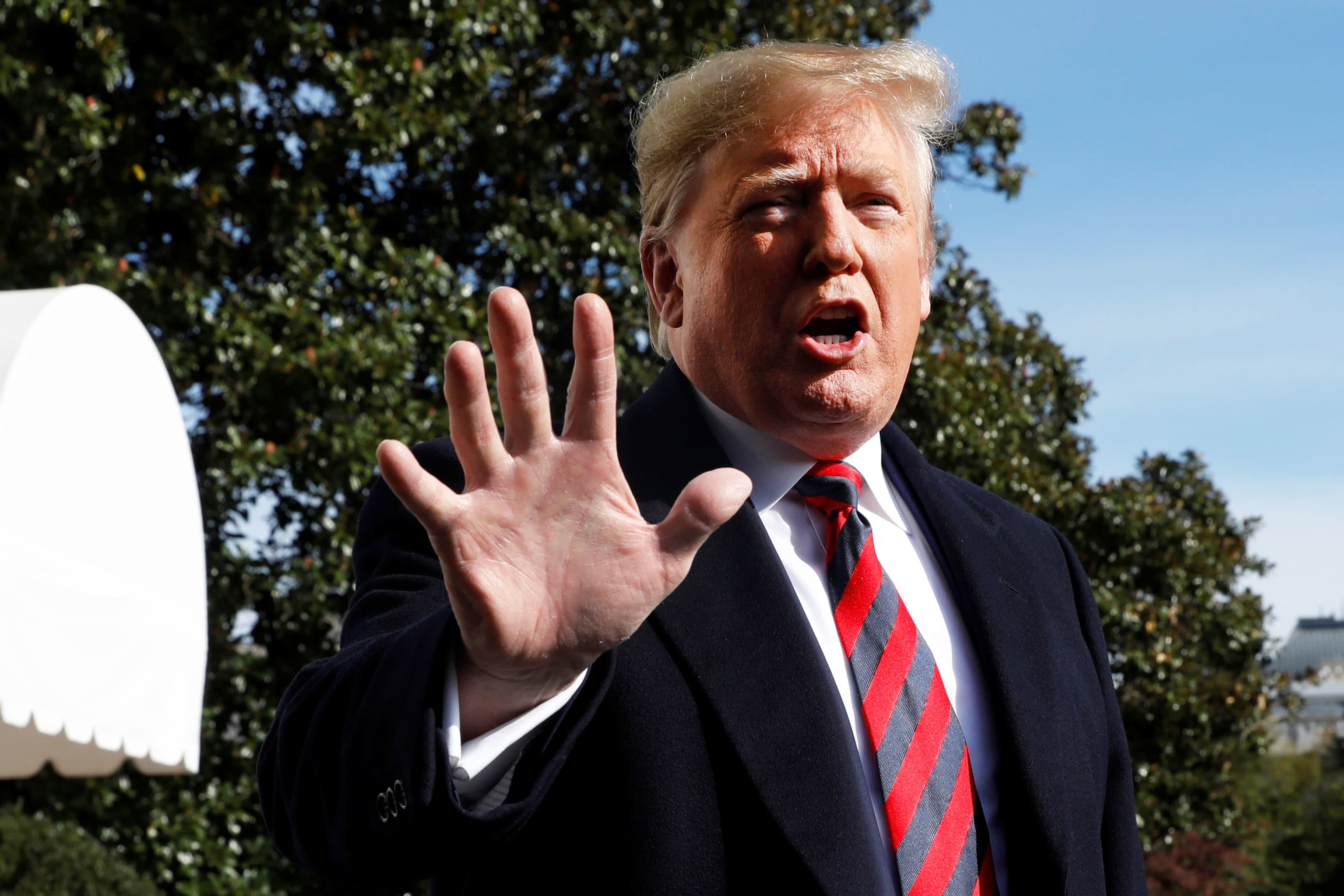Hits: 48

News articles and other content about President Donald Trump may generate clicks for online publishers but advertisers are not so sure.
Advertisers in the U.K. are blocking the word “Trump” more than any other political term when it comes to choosing where their ads appear online.
Advertisers can block references to certain words and phrases when placing ads next to online articles and other content, and 87% of U.K. ad campaigns analyzed by tech company Integral Ad Science (IAS) excluded “Trump” as a keyword, according to a release emailed to CNBC.
New York-based IAS analyzes digital ads, helping advertisers make sure campaigns are seen by people rather than bots as well as safeguarding ads from appearing next to inappropriate content, which has been an ongoing issue for marketers. It works with companies that spend money on marketing, as well as the media agencies that buy ad space on their behalf.
IAS analyzed trillions of “impressions,” from its client database from ads that ran in the U.K. between March and September 2019 — an impression refers to the number of times an ad is seen by someone or displayed on a web page.
“Nigel Farage” was the second most excluded name in U.K. politics, with 59% of campaigns blocking the leader of the Brexit Party, and 21% omitted the word “Brexit.” “Theresa May” was blocked by 6% of advertisers and “Boris Johnson” 5% — Johnson took over from May as U.K. prime minister on July 24. “Jeremy Corbyn,” leader of the Labour party, was blocked by 1% of campaigns.
Online publishers have suffered as brands shifted their ad dollars to platforms like Google and Facebook because of their high user numbers, and they are seeking alternative business models. The New York Times, for example, has seen subscriber numbers go up to a high of 4.9 million across print and digital, while ad revenues have gone down, according to its quarterly results published last week. It has previously attributed an increase in subscriptions to its coverage of the president.
Brands stopping their ads appearing next to Trump-related content is not new. IAS data showed that during the year after Trump was elected, the number of advertisers blocking his name increased from 10 in November 2016 to 153 in November 2017. One beauty marketer told IAS at the time: “Even appearing adjacent to stories about the president can give the appearance that we’re partisan, and that’s something we’d rather avoid entirely.”
Be the first to comment